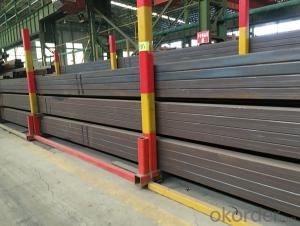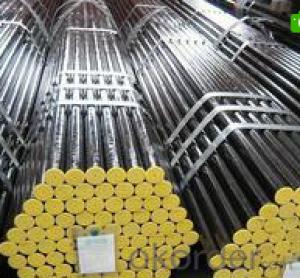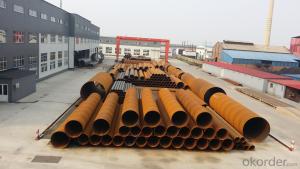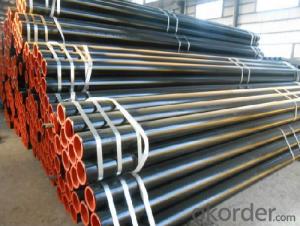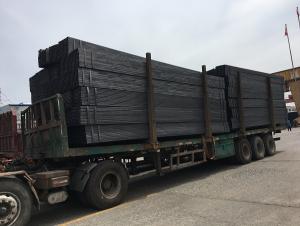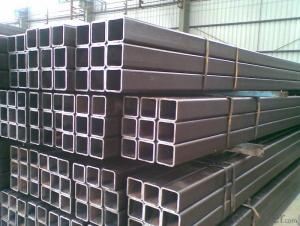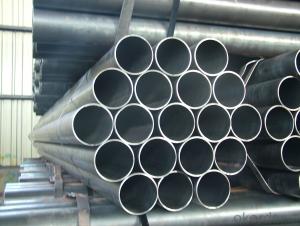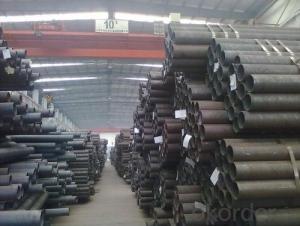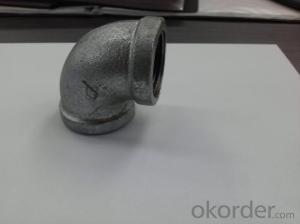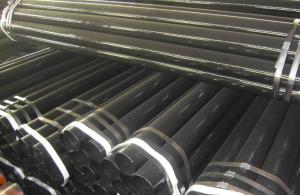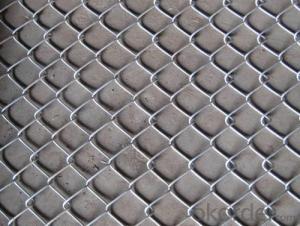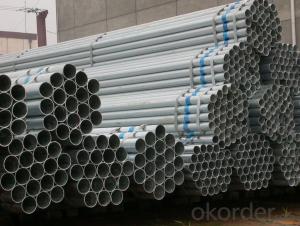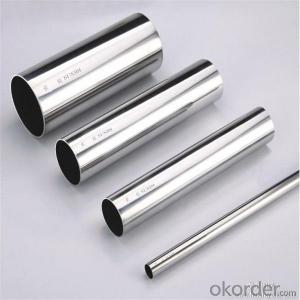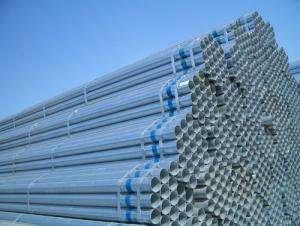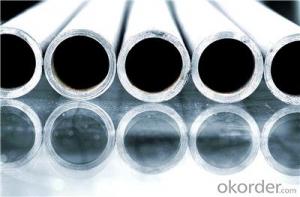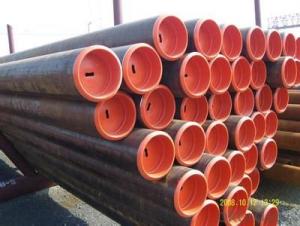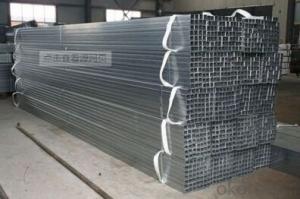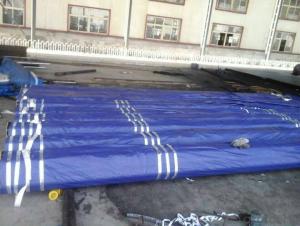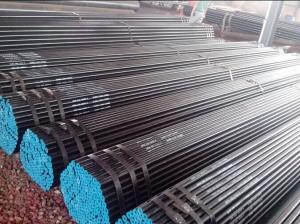All Categories
- - Steel Wire Rod
- - Steel Coils
- - Steel Profiles
- - Steel Pipes
- - Stainless Steel
- - Tinplate
- - Special Steel
- - Steel Sheets
- - Steel Rebars
- - Steel Strips
- - Hot Rolled Steel
- - Cold Rolled Steel
- - Pre-painted Steel
- - Seamless Steel Pipe
- - Welded Steel Pipe
- - Hollow Steel Tubes
- - Galvanized Pipe
- - Stainless Steel Coil
- - Stainless Steel Sheet
- - Stainless Steel Plate
- - Stainless Steel Strips
- - Electrolytic Tinplate Coil
- - Electrolytic Tinplate Sheet
- - Stainless Steel Rebars
- - Solar Panels
- - Solar Water Heater
- - Solar Related Products
- - Solar Inverter
- - Solar Cells
- - Solar Light
- - Solar Energy Systems
- - Solar Controllers
- - Solar Mounting System
- - Solar Pump
- - Solar Chargers
- - Fiberglass Chopped Strand
- - Fiberglass Mesh Cloth
- - Composite Pipes
- - FRP Pultrusion Profiles
- - Fiberglass Mat Tissue
- - Fiberglass Fabrics
- - Fiberglass Mesh
- - Composite Tank
- - Fiberglass Mesh tape
- - Polymer
- - FRP Roofing Panel
- - Fiberglass Roving
- - Monolithic Refractories
- - Ceramic Fiber Products
- - Refractory Bricks
- - Raw Materials For Refractory
- - Suspended Platform
- - Cranes
- - Concrete Machinery
- - Earthmoving Machinery
- - Building Hoist
- - Road Building Machinery
- - Plastic Pipe Fittings
- - Plastic Tubes
- - Plastic Sheets
- - Agricultural Plastic Products
- - Plastic Nets
 All Categories
All Categories
Q & A
Can welded steel pipes be used for research laboratories?
Yes, welded steel pipes can be used for research laboratories. Welded steel pipes are commonly used in various industrial applications, including laboratories, due to their strength, durability, and ability to withstand high-pressure and corrosive environments. They can be used for transporting gases, liquids, or chemicals within laboratory settings, making them a suitable choice for research laboratories.
Can welded steel pipe be used for oil and gas pipelines?
Yes, welded steel pipe can be used for oil and gas pipelines. Welded steel pipe is commonly used in the construction of pipelines due to its strength, durability, and ability to withstand high-pressure environments. It is an efficient and cost-effective option for transporting oil and gas over long distances.
What is the approximate weight of a standard length of welded steel pipe?
The approximate weight of a standard length of welded steel pipe can vary depending on its diameter and thickness. However, as a general estimation, a standard 20-foot length of welded steel pipe can weigh anywhere between 500 to 2,000 pounds.
What are the factors to consider when selecting the diameter and thickness of a welded steel pipe?
When selecting the diameter and thickness of a welded steel pipe, there are several factors to consider. Firstly, the intended purpose or application of the pipe is crucial. The diameter and thickness should be chosen based on the required flow rate, pressure, and the material being transported. Additionally, the environmental conditions, such as temperature and corrosion potential, need to be taken into account. The pipe should be able to withstand the expected conditions without compromising its structural integrity. Other factors include cost, availability, and the overall design requirements. Ultimately, the selected diameter and thickness should ensure the pipe's durability, efficiency, and suitability for the specific application.
What are the different non-destructive testing methods used for welded steel pipe?
Some of the different non-destructive testing methods used for welded steel pipe include visual inspection, ultrasonic testing, radiographic testing, magnetic particle testing, and liquid penetrant testing. Visual inspection involves visually examining the welded joints for any visible defects or irregularities. Ultrasonic testing uses high-frequency sound waves to detect internal flaws or defects in the welds. Radiographic testing uses X-rays or gamma rays to create images of the welds, allowing for the detection of any internal defects. Magnetic particle testing involves magnetizing the welded area and applying iron particles to detect any surface or near-surface defects. Liquid penetrant testing involves applying a liquid dye to the surface of the weld and then removing the excess, allowing the dye to penetrate any defects and indicating their presence. These methods are used to ensure the quality and integrity of welded steel pipes.
Wholesale Welded Steel Pipe from supplier in Morocco
We are a Welded Steel Pipe supplier serving the Morocco, mainly engaged in the sale, quotation, and technical support services of various Welded Steel Pipe products in the Morocco region. We are a subsidiary platform of the Fortune Global 500 company CNBM, able to provide you with one-stop Welded Steel Pipe procurement services in the Morocco. Not only do we have a wide range of Welded Steel Pipe products, but after years of market development in the Morocco, we can also provide valuable experience for your projects.
